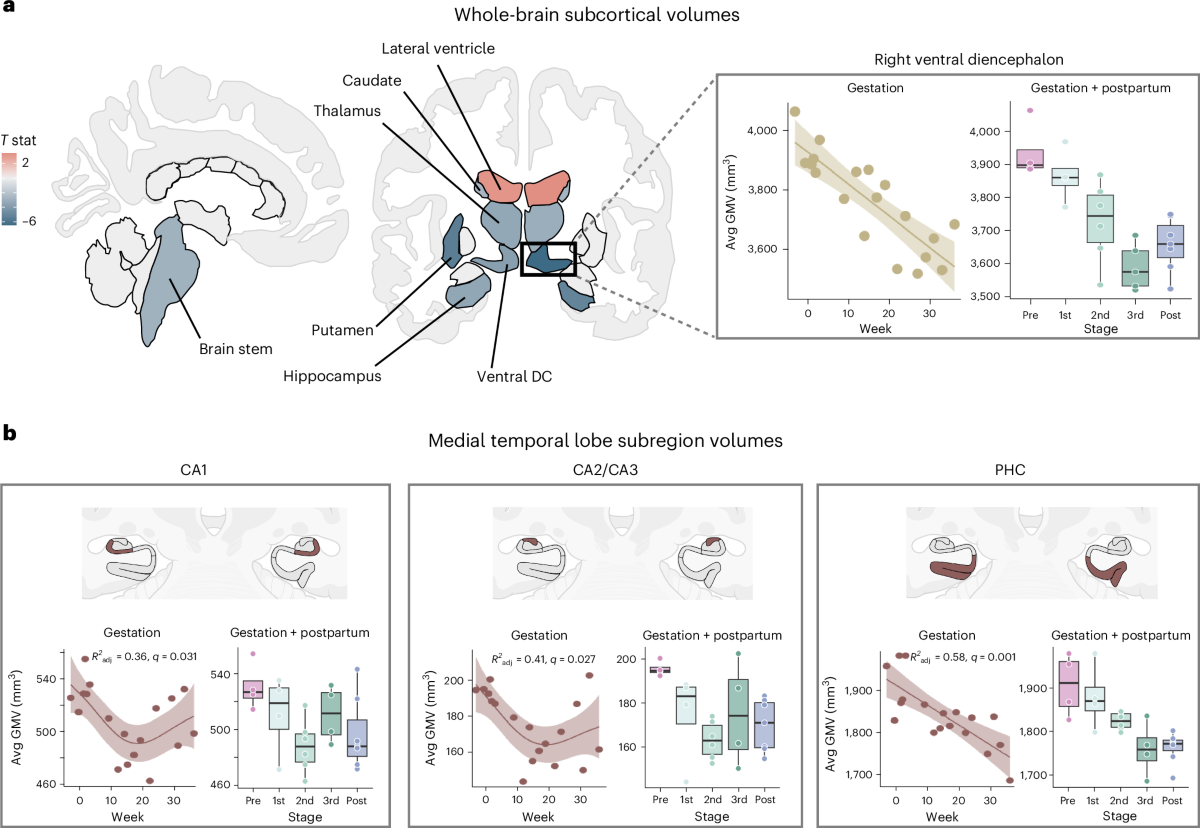In an extraordinary personal journey blending science and motherhood, a neuroscientist undertook an unprecedented project: scanning her own brain 26 times throughout pregnancy to uncover the neural changes that accompany this profound life event.
Pregnancy is widely recognized as a time of dramatic physical transformation, but its impact on the brain has remained less understood. By repeatedly imaging her brain during the nine months of gestation, this scientist provided rare, detailed insights into how pregnancy reshapes neural structures.
The scans revealed that certain brain regions involved in social cognition, emotional regulation, and memory undergo significant remodeling. These adaptations likely support the cognitive and emotional demands of motherhood, preparing the brain for nurturing and protecting a newborn.
What makes this study especially unique is the personal involvement of the researcher, offering a longitudinal view rarely achievable in typical studies. The repeated brain imaging captured dynamic changes as they unfolded, highlighting pregnancy’s influence not just on the body, but deep within the neural fabric.
Beyond advancing scientific understanding, this research challenges long-standing misconceptions about “pregnancy brain” or “mommy brain” as mere forgetfulness. Instead, it portrays pregnancy as a time of sophisticated brain plasticity—a reshaping that enhances maternal skills and emotional resilience.
The findings open new avenues for exploring how hormonal shifts drive brain change and raise important questions about postpartum brain recovery and mental health. They also underscore the profound connection between biology and the lived experience of becoming a parent.
This self-driven neuroscience exploration bridges personal experience and cutting-edge science, offering hope that deeper knowledge of pregnancy’s brain effects can ultimately improve support for mothers worldwide.















Leave a Reply